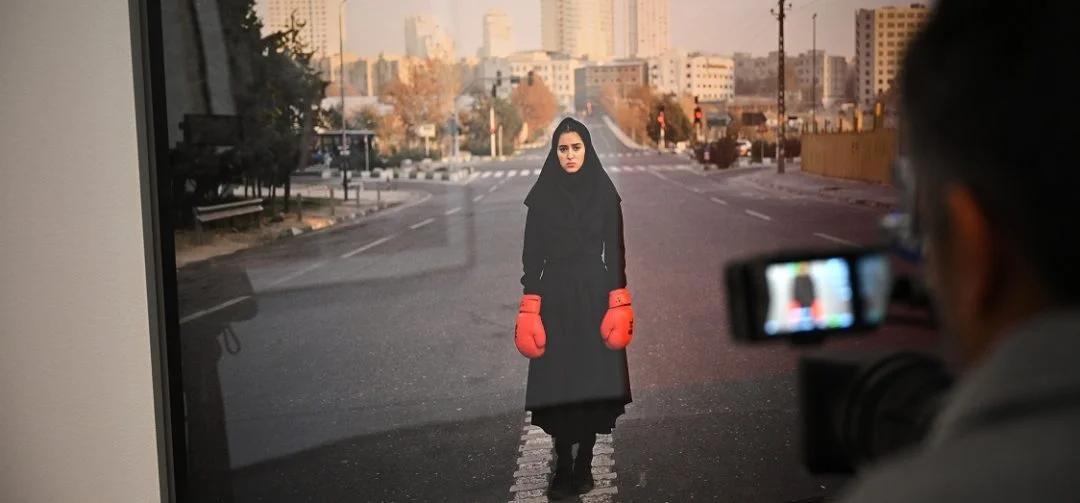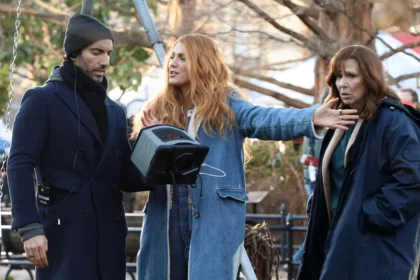The Iranian government has initiated legal action against the acclaimed pop artist Mehdi Yarrahi in connection with a song promoting the removal of the veil.
This development comes nearly a year after the widespread outcry following the tragic death of 22-year-old Iranian Kurd Mahsa Amini, an incident that sparked extensive protests and ignited debates surrounding Iran’s stringent dress code.
Yarrahi’s latest release, titled “Roosarito” (translated as “Your Headscarf” in Farsi), aligns itself with the momentum of the protest movement that gained significant momentum in the preceding year.
The Iranian judiciary communicated its position through the online channel Mizan Online, declaring, “A legal case has been initiated against Mehdi Yarrahi subsequent to the release of a song deemed unlawful, as it challenges the values and traditions of Islamic society.” Despite this judicial advancement, Yarrahi’s freedom remains intact, and the exact charges against him have not yet been fully clarified.
In the song’s video, which spans a mere three minutes, Yarrahi incorporates the iconic slogan “Woman, life, freedom.” He passionately urges women to liberate themselves from the constraints of their headscarves, and the video further features stirring visuals of women dancing unencumbered, their hair flowing freely.
This legal action extends beyond “Roosarito” to encompass another of Yarrahi’s songs, “Soroode Zan” (translating to “Woman’s Anthem”), which surfaced in October and resonated notably within university campuses, further fueling the fervor of the protest movement.
Mehdi Yarrahi, a recipient of the esteemed Best Pop Singer award at Iran’s officially endorsed Fajr festival in 2018, has consistently used his artistic platform to voice criticisms against the establishment. His focal point often centers on highlighting the perceived marginalization experienced by individuals in his native province of Khuzestan, renowned for its substantial Arab minority population.
This situation echoes the aftermath of Mahsa Amini’s tragic passing, which ignited widespread unrest throughout the nation and sparked discussions concerning women’s rights and the mandatory headscarf. As public sentiment continues to evolve and calls for personal freedoms grow louder, creative voices such as Yarrahi’s assume a paramount role in challenging and reshaping established societal norms.




